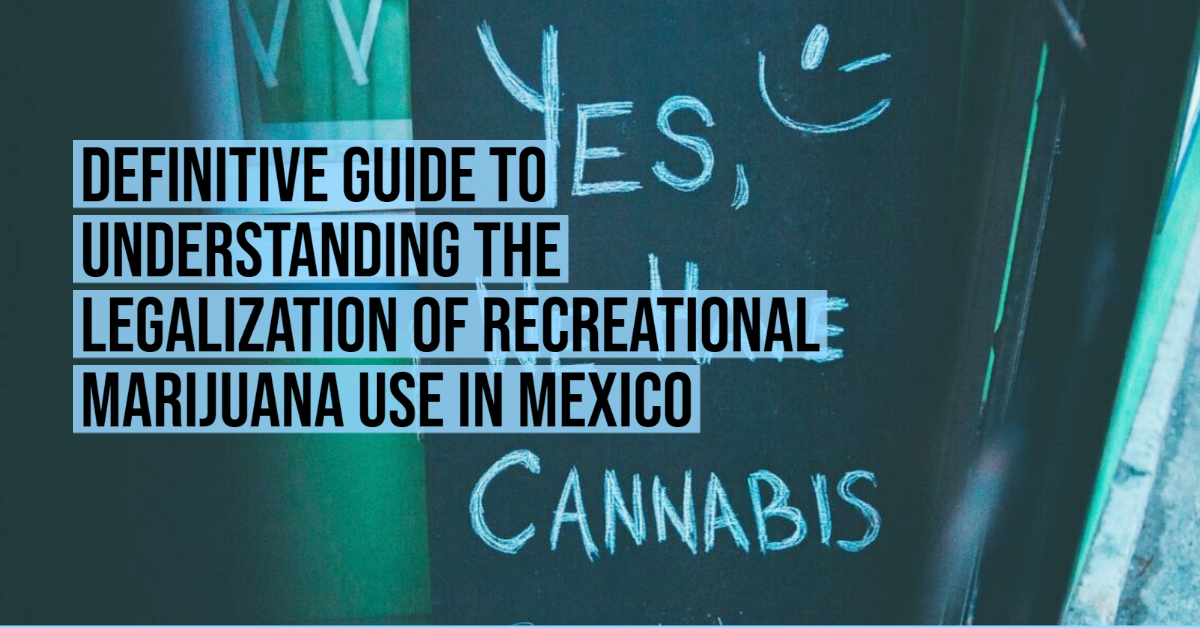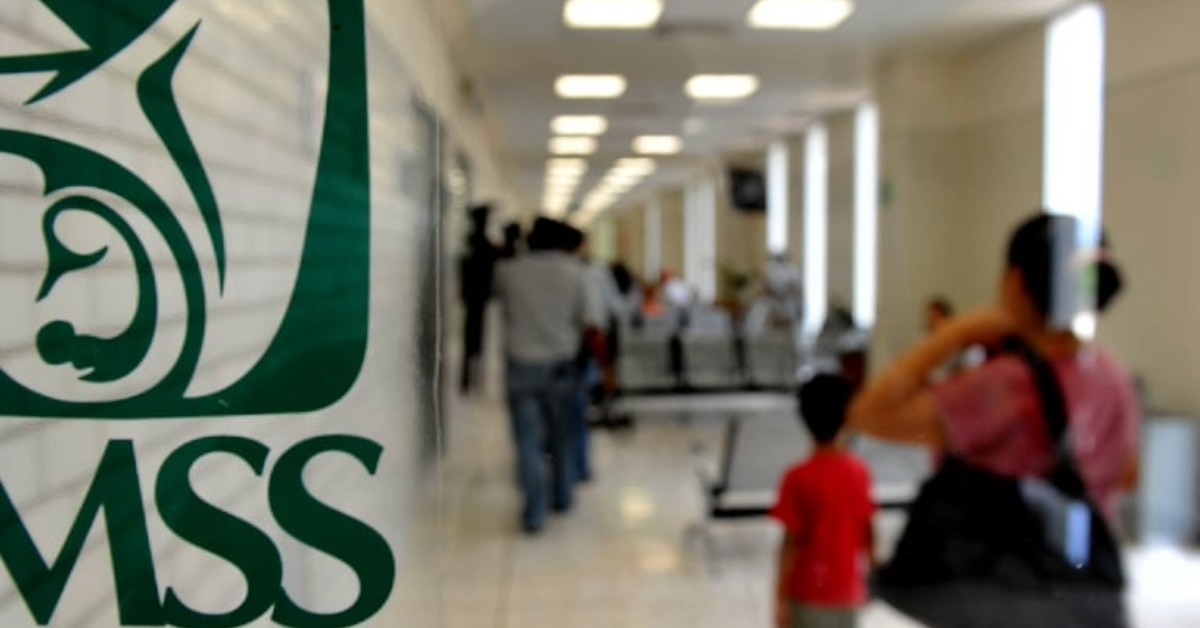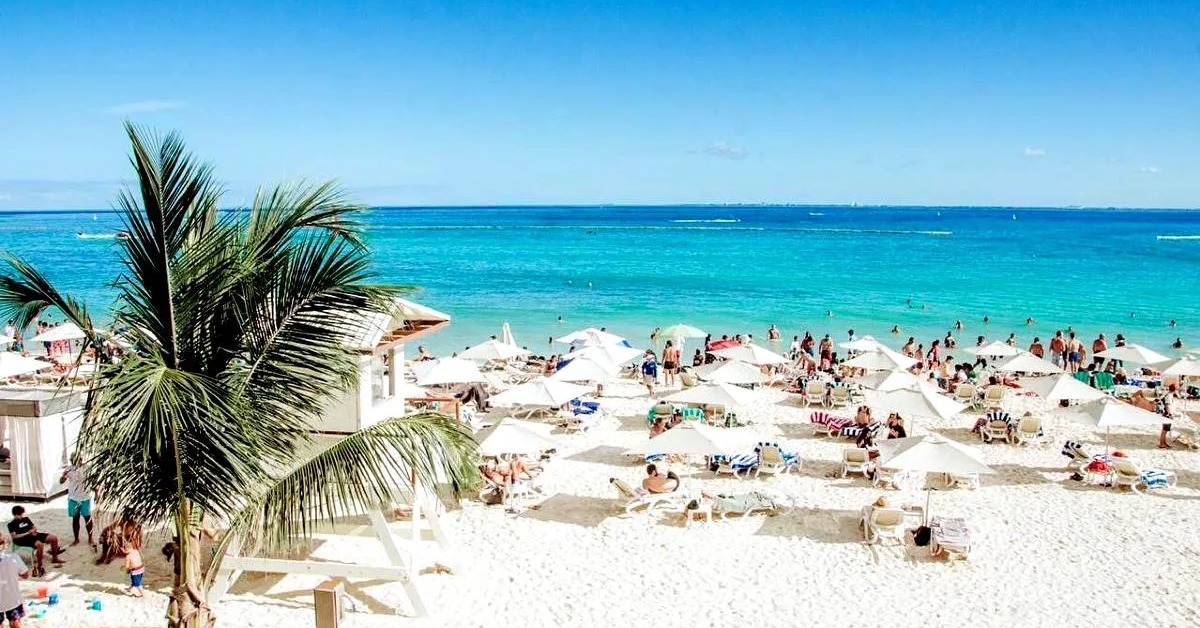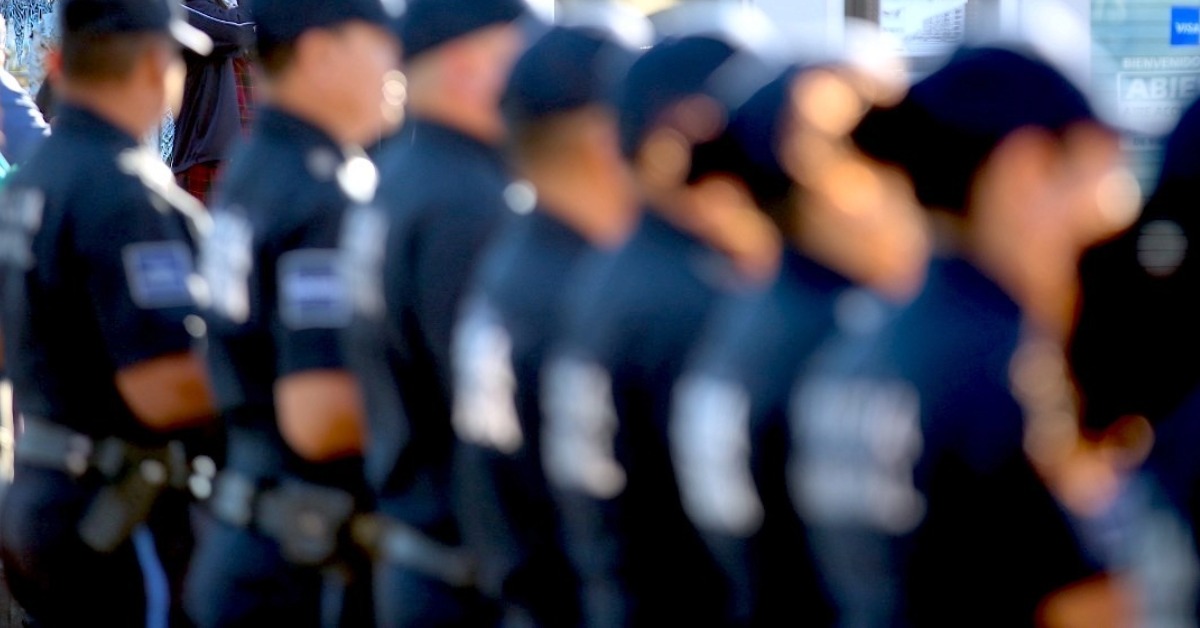Mexico has taken another step on the road to being the third country in the world, along with Uruguay and Canada, to legalize the personal recreational use of marijuana.
After the Senate approved a proposal on responsible adult use of cannabis on November 19, this March 10 the Chamber of Deputies approved the decriminalization and regulation of recreational use bill - called “adult consumption” - of marijuana in Mexico.
Some of the key points of this bill, which would reform articles of the Federal Penal Code and the General Health Law, are that the General Law for . . .






